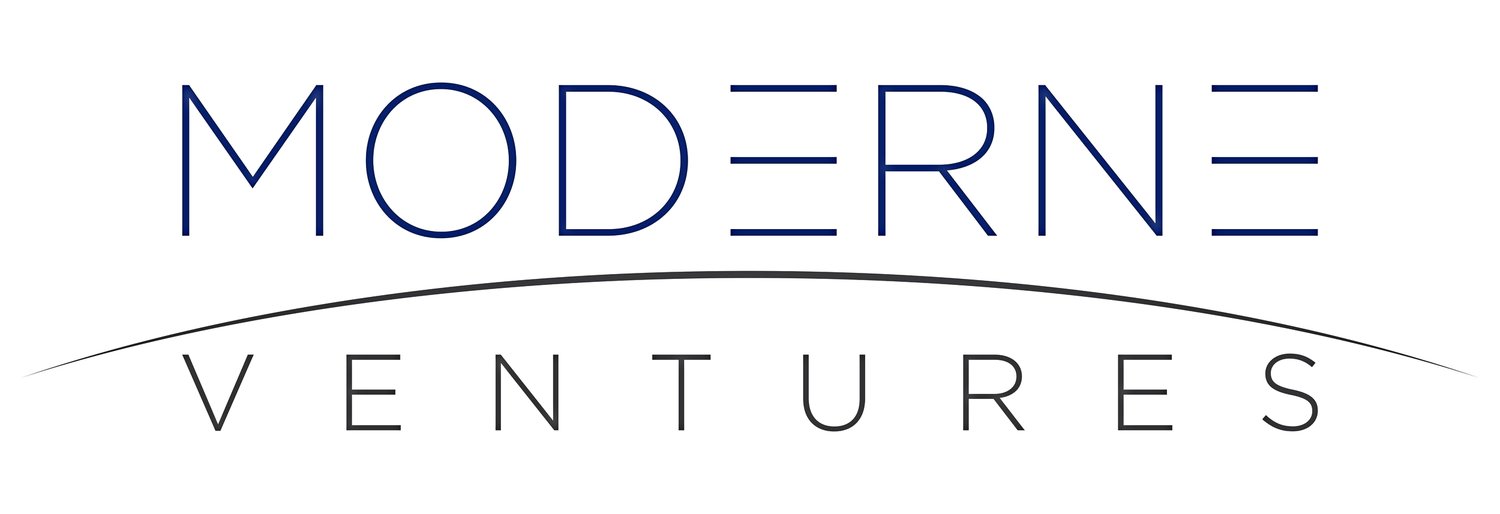Moderne Ventures Announces its 2021 Passport Class
Moderne Ventures accepts seven companies into its Passport Program. These companies are driving important changes addressing the biggest challenges facing real estate, finance, insurance, hospitality and home services.
CHICAGO, April 20, 2021—Moderne Ventures, a venture fund focused on real estate, finance, insurance, hospitality and home services, announced seven new companies accepted into its 2021 Passport Program, an intensive, six-month industry immersion program providing its participants education, exposure, insight, and relationships to drive customer growth.
The 2021 Passport Companies range in services to drive greater financial health and access, sustainability, and automation within these trillion-dollar industries. This Class has raised over $32M in funding with collective valuations north of $230M. The companies are:
JoyHub (Joyhub.io) – Culver City, CA: An AI-driven platform providing data aggregation and standardization across the leading property management systems to draw actionable business intelligence insights.
Kaiyo (Kaiyo.com) – New York, NY: A full-service marketplace for gently-used furniture committed to great design, exceptional care and a more sustainable planet.
Peek (Peek.us) – New York, NY: Virtual leasing solution focused on digitizing the leasing experience through interactive tours, analytics, content management and marketing tools.
Piñata (Pinata.ai) – New York, NY: A rewards platform designed to reduce landlords’ account receivables by incentivizing residents for on-time payments, sustainable behaviors, and other community initiatives.
MotoRefi (Motorefi.com) – Arlington, VA: Simple, transparent auto refinancing. MotoRefi helps car owners save up to $100 per month on their car payments.
Tailorbird (Tailorbirdhomes.com) – Princeton, New Jersey: Tailorbird leverages computer vision technology to decrease construction cost and improve speed-to-market by 60+ days for value add renovations.
Trash Butler (Trashbutler.com) – Tampa, FL: Doorstep trash & recycling powered by exceptional customer service.
“In a time of uncertainty, industry leaders are leaning in to technology solutions to guide and enhance regular revenues and operations. These Passport companies provide a big leap in helping them achieve their goals.” said Constance Freedman, Moderne Ventures’ Founder and Managing Partner.
About Moderne Ventures
Moderne Ventures invests in technology companies in the trillion-dollar industries of real estate, finance, insurance, hospitality, and home services. It has both a fund and an Industry Immersion Program, the Moderne Passport, designed to foster innovation, partnership and growth between industry partners and new emerging companies.
Moderne has built an extraordinary network of over 700 executives and corporations within its core industries and evaluates over 4,500 emerging tech companies each year. Moderne most often looks outside its industries to find technologies that can be applicable within them, and it has invested in over 100 companies across its funds, including DocuSign, Homesnap, Leaselock, ICON, and Hippo Insurance.
Learn more here and register for our Innovation Day on April 29th to hear directly from our new Passport companies.


